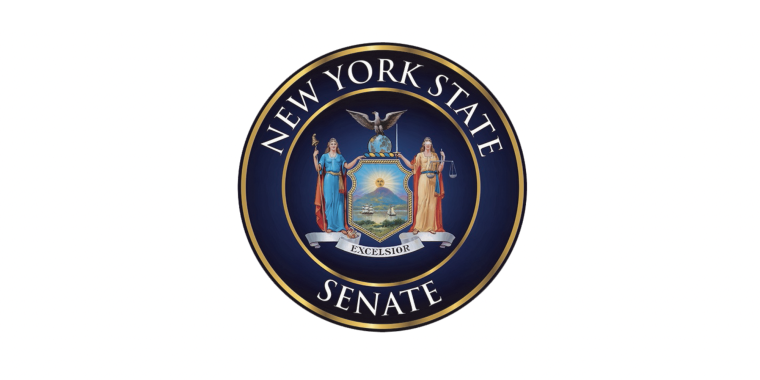
Select Committee receives staff report on modernizing New York State's telecommunications taxes
Liz Krueger
September 24, 2009
-
ISSUE:
- Telecommunications
The Select Committee on Budget and Tax Reform on Thursday received a staff report on modernizing New York State's telecommunications taxes.
The report, which is based on oral and written statements from the Select Committee's August 12 roundtable, notes how New York State’s telecommunications tax system is long overdue for an upgrade. The last time it received a major overhaul was nearly 15 years ago — after an appellate court ruled that the state’s Utilities Tax discriminated against interstate and foreign commerce.
Since the 1995 reforms, New York's telecommunications taxes have only become more complicated and inequitable as the Legislature attempted to "level the playing field" for traditional and emerging voice, video and data service providers by cobbling new provisions onto the tax system. Today the complexity has become so problematic that in the state budget passed earlier this year, the Senate directed the Department of Taxation and Finance and the Public Service Commission to do a full accounting of the state’s telecommunications taxes. They are expected to issue a report on their findings by October 1.
In anticipation of this report, the Senate Select Committee on Budget and Tax Reform, which is chaired by Senator Liz Krueger, convened on August 12 a roundtable on modernizing New York’s telecommunications taxes. At the Albany meeting, the Select Committee discussed the issue with several tax experts representing telephone, wireless, cable television and satellite television service companies.
Key findings and conclusions from the roundtable’s discussions are detailed in this staff report to the Select Committee. They include:
• A breakdown of several disparate telecommunications tax treatments that create unfair competitive advantages in the market place.
• A look at how New York's telecommunications tax policy runs counter to the goals of the state's economic development and regulatory policies.
•An analysis of local government concerns and federal laws that could influence attempts to reform the telecommunications tax system.
•A review of other states' attempts to modernize their telecommunications taxes and other ways to simplify New York's tax system.
Share this Article or Press Release
Newsroom
Go to Newsroom


